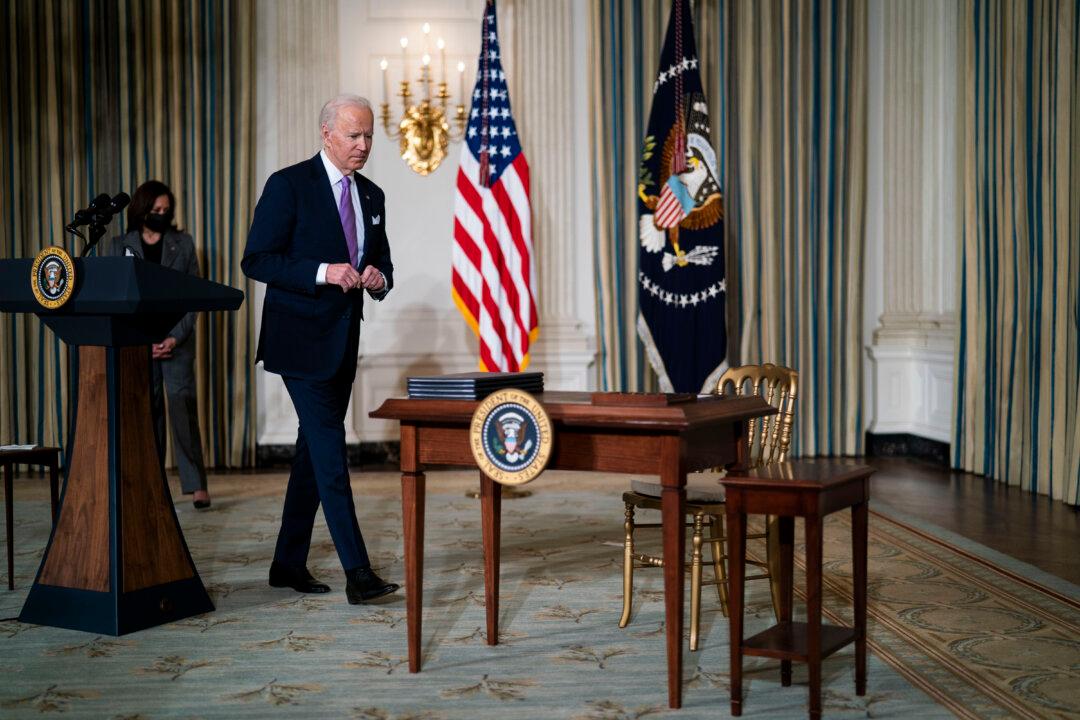President Joe Biden’s executive order to eliminate government contracts with private prisons, stemming from a campaign promise to enact criminal justice reform and to reduce mass incarceration, is being met with pushback from those in the industry.
Critics say the move is largely a “political statement” that fails to get to the root of the issue, since private-sector contractors house only a small fraction of the total number of federal inmates.





